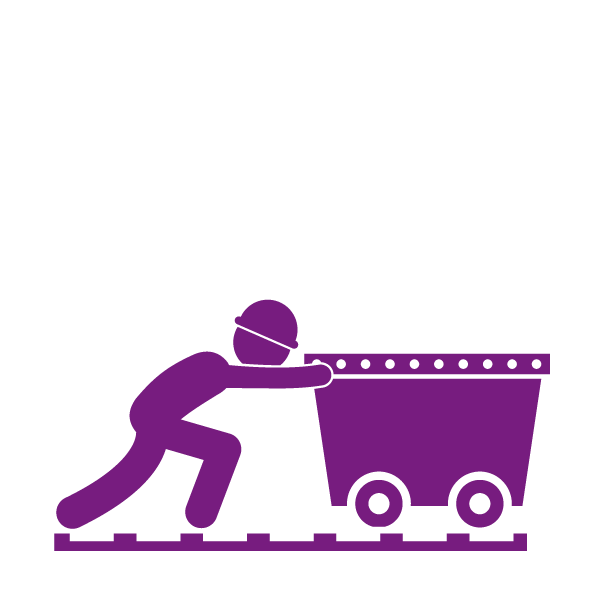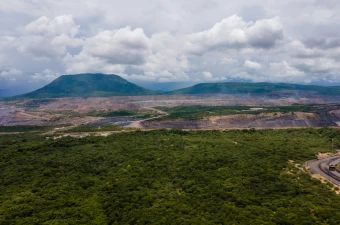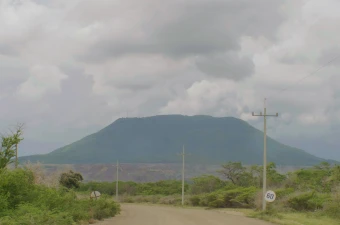Essential for the energy transition, but at what cost?
Nickel is one of the most important metals for the global energy transition, but it is also scarce. It is used in the production of stainless steel, which is essential for wind turbines, and in rechargeable batteries. While nickel plays a crucial role in transitioning to a greener future, the nickel industry itself has severe negative consequences. The rapid growth of nickel mining and processing in Indonesia has led to record levels of CO2 emissions. Additionally, the workers in industrial areas there are subjected to inhumane living and working conditions.
Indonesia's Role in the Global Nickel Industry
Indonesia is a world leader in the nickel industry, boasting one of the largest nickel reserves and producing nearly half of the world's nickel output. In an effort to boost their economy, Indonesia imposed export restrictions in 2014, with a complete ban on raw nickel exports since 2020. The country aims to refine all nickel locally and establish more battery factories.
What's Happening?
The question remains: Does this policy truly benefit the Indonesian people? Without significant investments in local development, only a select few willl benefit from the industry's profits, often at the expense of the local population.
See what's happening in Morowali Indonesia's nickel mining regio, and how trade unions engage for fair work.
Shocking Working Conditions in Indonesia's Nickel Industry
The largest nickel processing factories are located on the island of Sulawesi, covering a vast area of 20,000 square kilometers with about 80,000 workers.
The industrial area has expanded rapidly, but essential facilities like waste collection, sewage systems, and public infrastructure are lacking.
"It's horrendous how people live there. It looks like a disaster zone. The workers' accommodations resemble chicken coops - appalling.
The working conditions are equally deplorable. Wages are so low that many workers are forced to work excessive overtime to support themselves and their families."
says CNV Internationaal's Yunika Kurniyatiningsh.
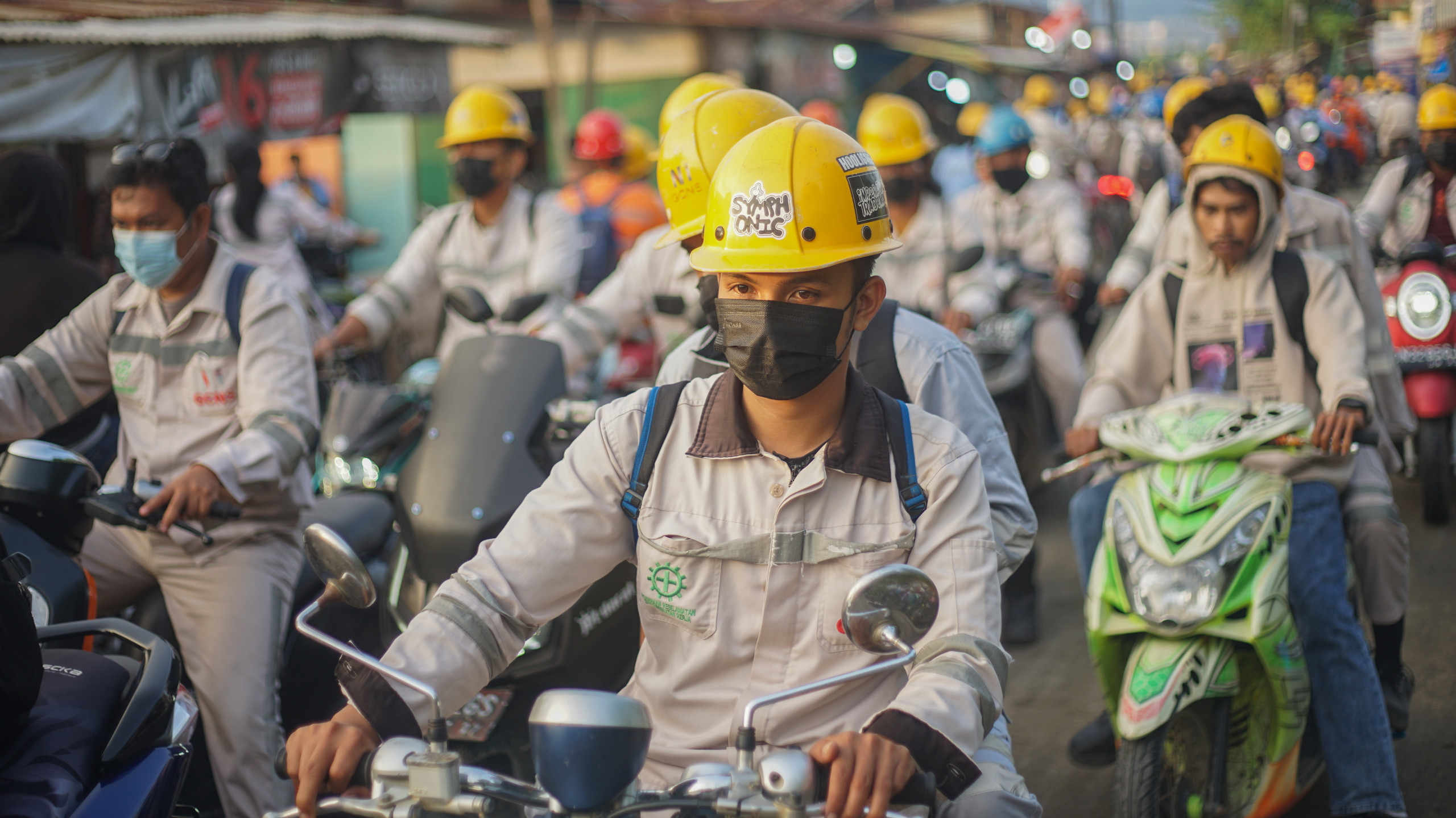
About 80,000 workers work in the Nickel Industry on Sulawesi..
Fire in Nickel Smelter: A Warning
On 24 December 2023, a fire at a nickel smelter in Morowali, Sulawesi, resulted in the death of 21 workers and serious injuries to 466 others. While tragic, the accident was not unexpected given the poor safety conditions in the factories.
The Indonesian partner union of CNV Internationaal, KSBSI, has joined others in demanding improvements, including updated safety instructions in Bahasa Indonesian and the establishment of an emergency response team.
Increased Coal Production
Despite Indonesia's goal of phasing out coal plants to support the energy transition, the country still requires significant energy for nickel refinement.
This has led to the approval of new coal plants to support the nickel smelters, resulting in record levels of coal production and CO2 emissions.
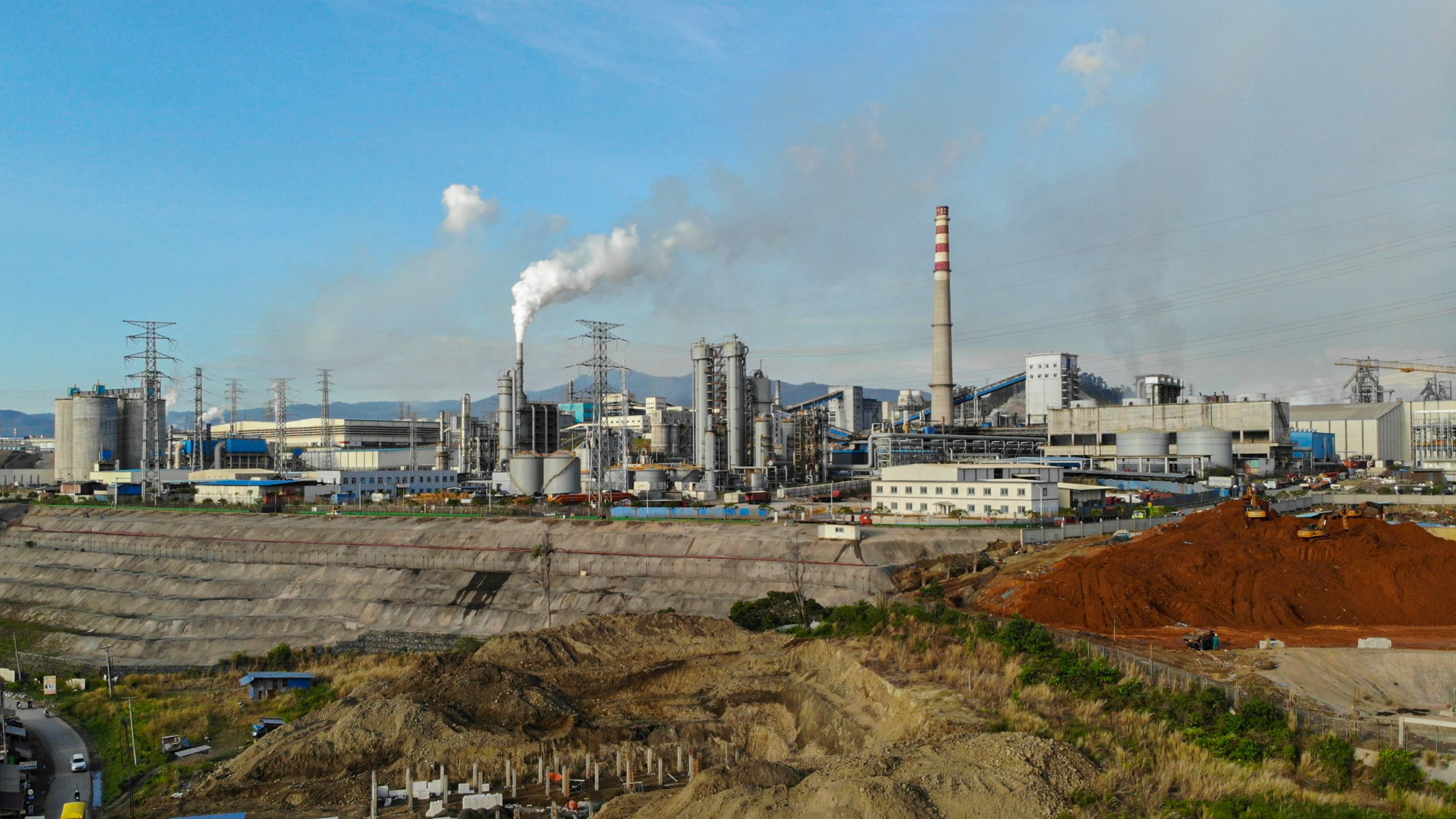
The largest nickel processing factories are located on the island of Sulawesi, covering a vast area of 20,000 square kilometers.
CNV Internationaal and Sustainable Mining Industries
CNV Internationaal works with unions in Africa, Asia, and Latin America to improve working conditions in mining. Through the Fair Work Monitor, we collaborate with miners and trade unions to advocate for better conditions.
In addition to our work in the nickel sector in Indonesia, we support unions in Colombia in their social dialogue efforts for a just transition in the coal sector. In Peru and Bolivia, we aim to promote safe working conditions and transparent supply chains in metal mining.
CNV Internationaal has also filed a complaint with the European Commission about poor working conditions in Colombia and Peru.
CNV Internationaal remains committed to advocating for improvements in working conditions globally and has contributed to the ILO resolution for a just transition.
We are also involved in the Renewable Energy Covenant in the Netherlands .
